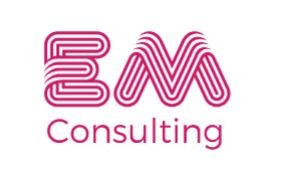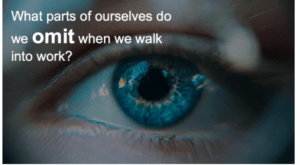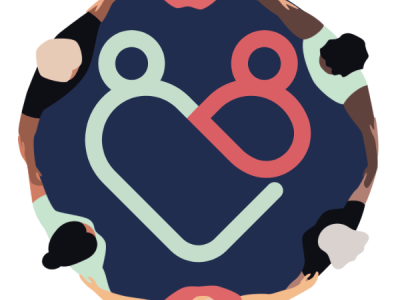
Whole Person Workplaces
Hello All!
I gave a plenary talk recently at the excellent UCLA ISAP conference, and spoke about how many times I’ve avoided talking about my own behavioral health in the workplace. When I looked back at my career, often I had outright lied rather than disclose mental health or substance use disorder struggles of my own, or my family’s. And all my workplaces have been in health and social services!

In some ways it seems normal; most of us have been raised to separate work and our personal lives (this artificial separation has many patriarchal attributes), we all have different levels of comfort with self-disclosure, and of course, when disclosures concern our family members, we take their wishes around privacy into consideration. The more I reflected on my own lack of disclosures though, it became clear that my omissions were more about stigma than any of these things. This insight became clear when I noticed the difference between my comfort in disclosing what were considered ‘physical’ conditions, vs. those that were considered behavioral health.
I’d never disclosed the harrowing four months my husband underwent ECT for depression; although years later I didn’t hesitate to share at work when he’d been diagnosed with a treatable cancer. Neither decision had been about my husband’s preferences. He always said he didn’t mind me telling anyone either of these things. I’d been very open about my lower back going out twice in one year, sharing freely even with those who hadn’t asked; while in contrast, I facilitated an entire staff meeting on post-partum depression, never disclosing taking anti-depressants for three years after my son was born. I called my daughter into school ‘sick’ when she was suffering from depression so badly that she sat on the couch and cried in her pyjamas.
And I know I’m not alone. Most of us don’t talk about behavioral health at work – even in health care work environments. Mind Share Partners did a wonderful report on mental health at work; what they found won’t surprise most of us: 60% of us experience mental health difficulties that affect us at work – and the same percentage, 60%, had never talked to anyone at work about mental health.
Our health and social care organizations can lead the way for other fields in inviting the emotional health of all our employees into the organization’s culture and conversation. We can ensure that we talk about mental health and substance use disorders as much as we talk about traditionally physical conditions.
I’ve committed to disclosing honestly about behavioral health in everyday conversation, especially at work. I’ve noticed when I do so, often others are quick to share as well and the conversations are richer for it. Recently I was at a wedding when someone I work with asked me what my husband does since he is retired. I took a deep breath and said he goes to AA meetings and socializes with his buddies in the fellowship. They shared about someone in their family in active addition. When I was in the early stages of discussing work with a new colleague, around obesity, I pushed myself to tell her I had a history of an eating disorder, and consider myself in recovery in that area. She then shared with me her history of obesity, and the stigma she has endured in health care services.
What we are silent about often strengthens the stigma around it; I’ve come to believe that it can be an act of social justice, just telling the truth about what we experience.
Wishing all of you well, and I’d love to hear from you!

https://www.emorrisonconsulting.com/
 I have been interviewed on a few podcasts recently, both about communication in healthcare. The first is on Healthcare Communications: Effective Techniques for Clinicians. You can check it out HERE.
I have been interviewed on a few podcasts recently, both about communication in healthcare. The first is on Healthcare Communications: Effective Techniques for Clinicians. You can check it out HERE.
The second is on Complex Care Today about the Power of Motivational Interviewing. Listen to it HERE.
“Bring your whole self to work. I don’t believe we have a professional self Monday through Friday and a real self the rest of the time. It is all professional and it is all personal.” – Sheryl Sandberg



